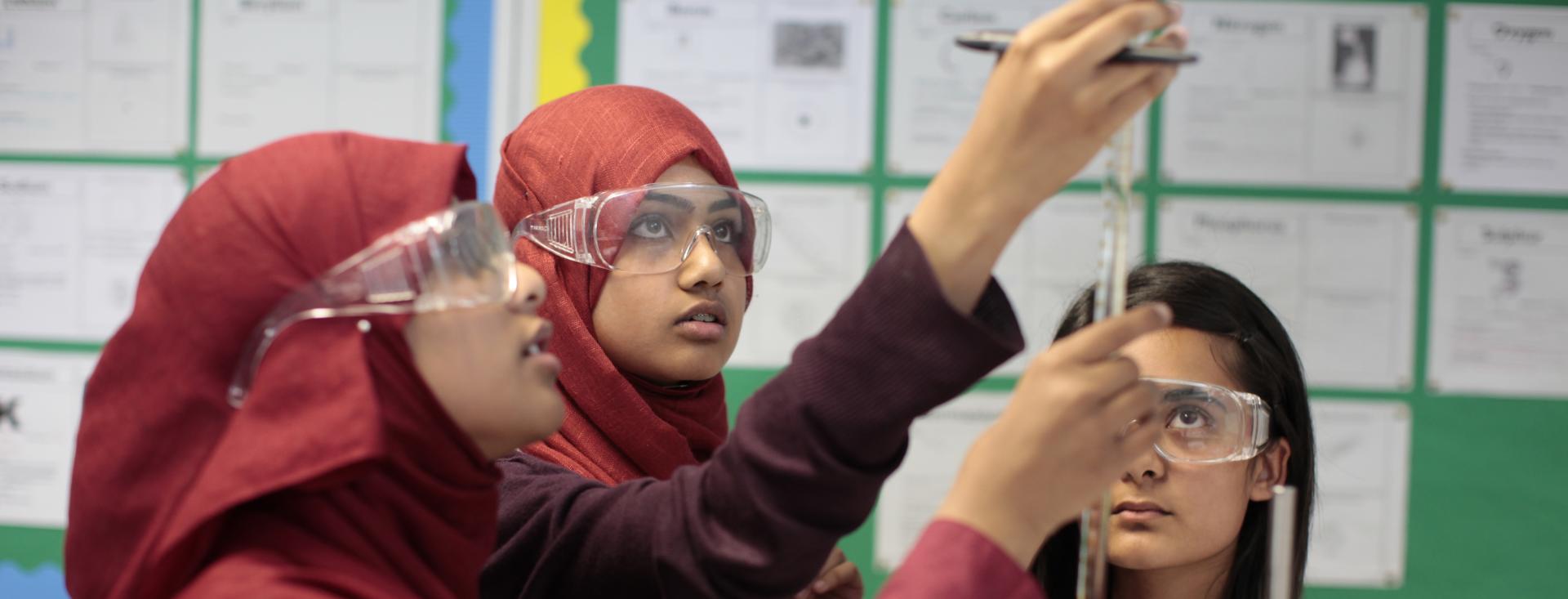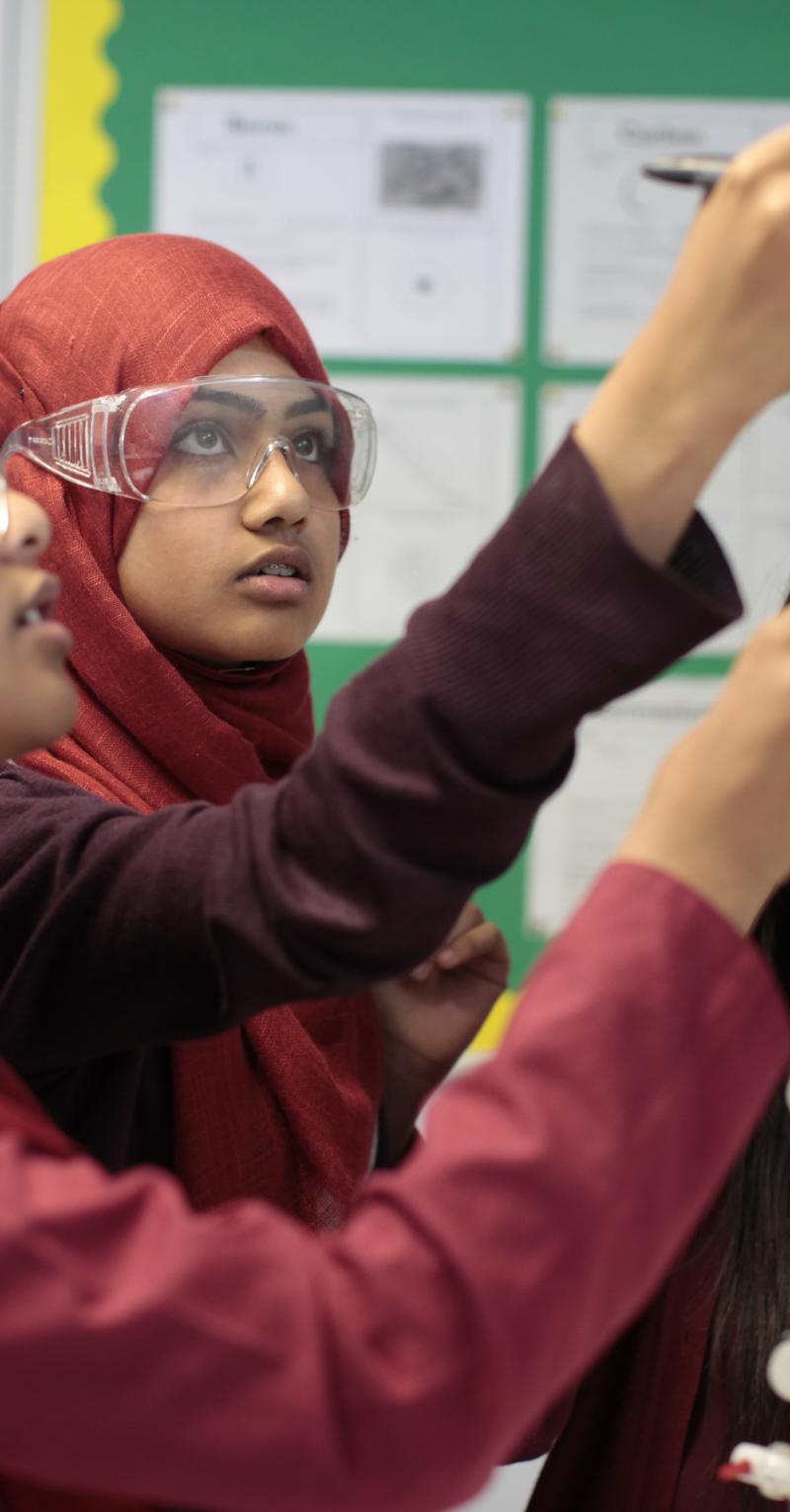Resources
Everyone has a role to play in supporting girls to become empowered, access education for better life outcomes, and thrive. Teach For All is committed to supporting the global network to identify and address the barriers that keep girls from learning and fulfilling their potential through our Girls’ Education initiative. Learn more about gender equity, the issues facing girls around the world, and more in this curated library of resources:
Girls' Education
Engaging Men and Boys to Promote Gender Equality Through Education
An overview of a two-day workshop in Washington, D.C. on engaging men and boys to promote gender equality through education and the action steps that developed from it. Participants also discussed evidence-based programming for girls’ education.
Girls' Education
Advocating for Change for Adolescents! A Practical Toolkit for Young People to Advocate for Improved Adolescent Health and Well-being
A toolkit by young people for young people to guide the design, implementation, and monitoring of an effective national advocacy action roadmap to bring about positive policy-specific changes to improve the health and well-being of adolescents.
Girls' Education
Is Artificial Intelligence Excluding Indian Women Smartphone Users?
An article that explains how usage-based algorithms are more beneficial for male smartphone users in India and emphasizes the need for gender-inclusive design in artificial intelligence (AI) solutions to avoid perpetuating existing inequalities.
Girls' Education
Full Force: Why the World Works Better When Girls Go to School
A report by the Malala Fund that shares research on girls' education, presents new data on the transition from school to the workforce, and outlines recommendations for the G20 to ensure all girls have the skills they need for the future of work.
Girls' Education
Mind the Gap: 5 Facts About the Gender Gap in Education
A deep dive into the Barro-Lee Educational Attainment Data to examine gender gaps in education and determine where more focus should be given in research, policy, and programmatic efforts to address gender inequality.

